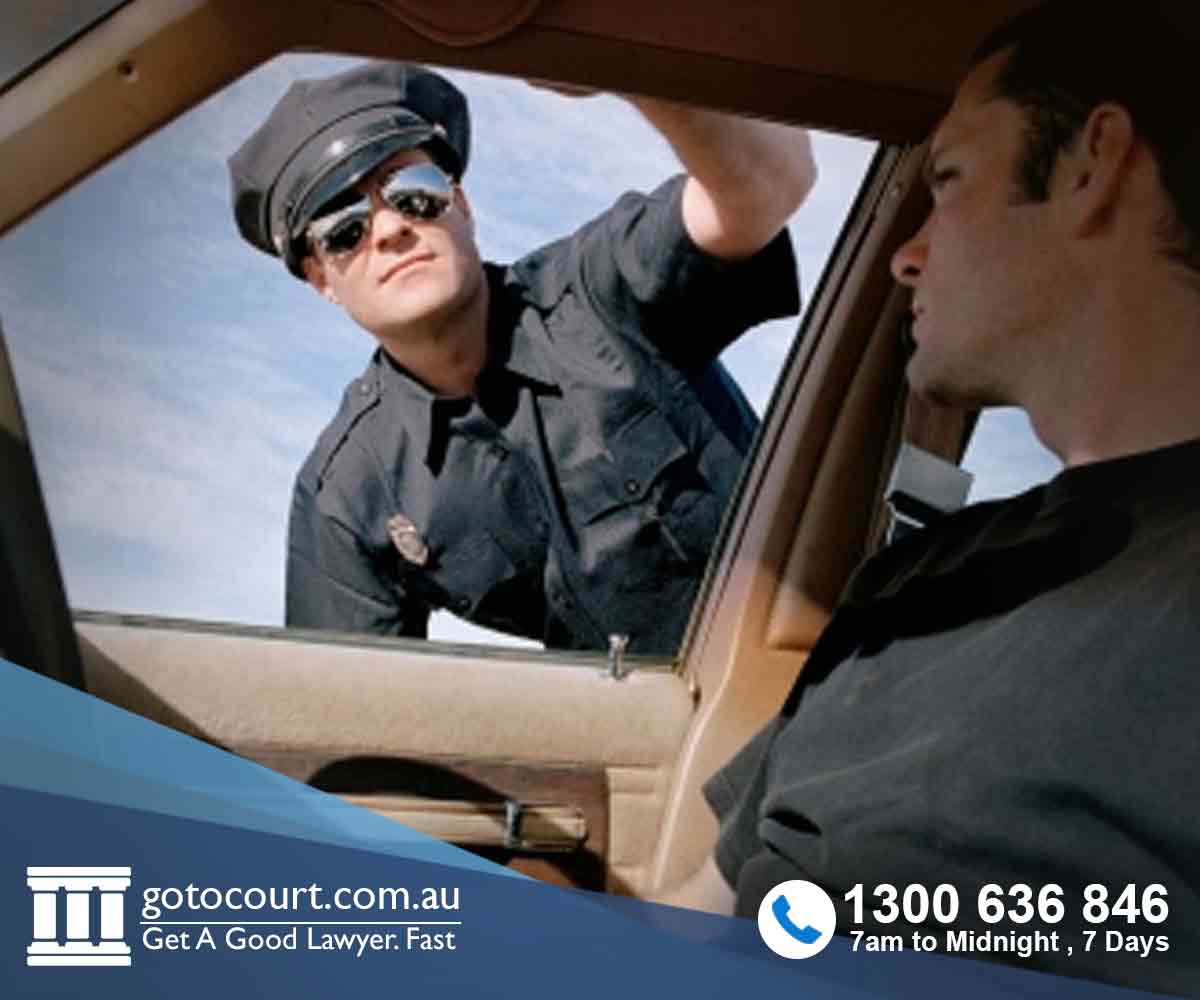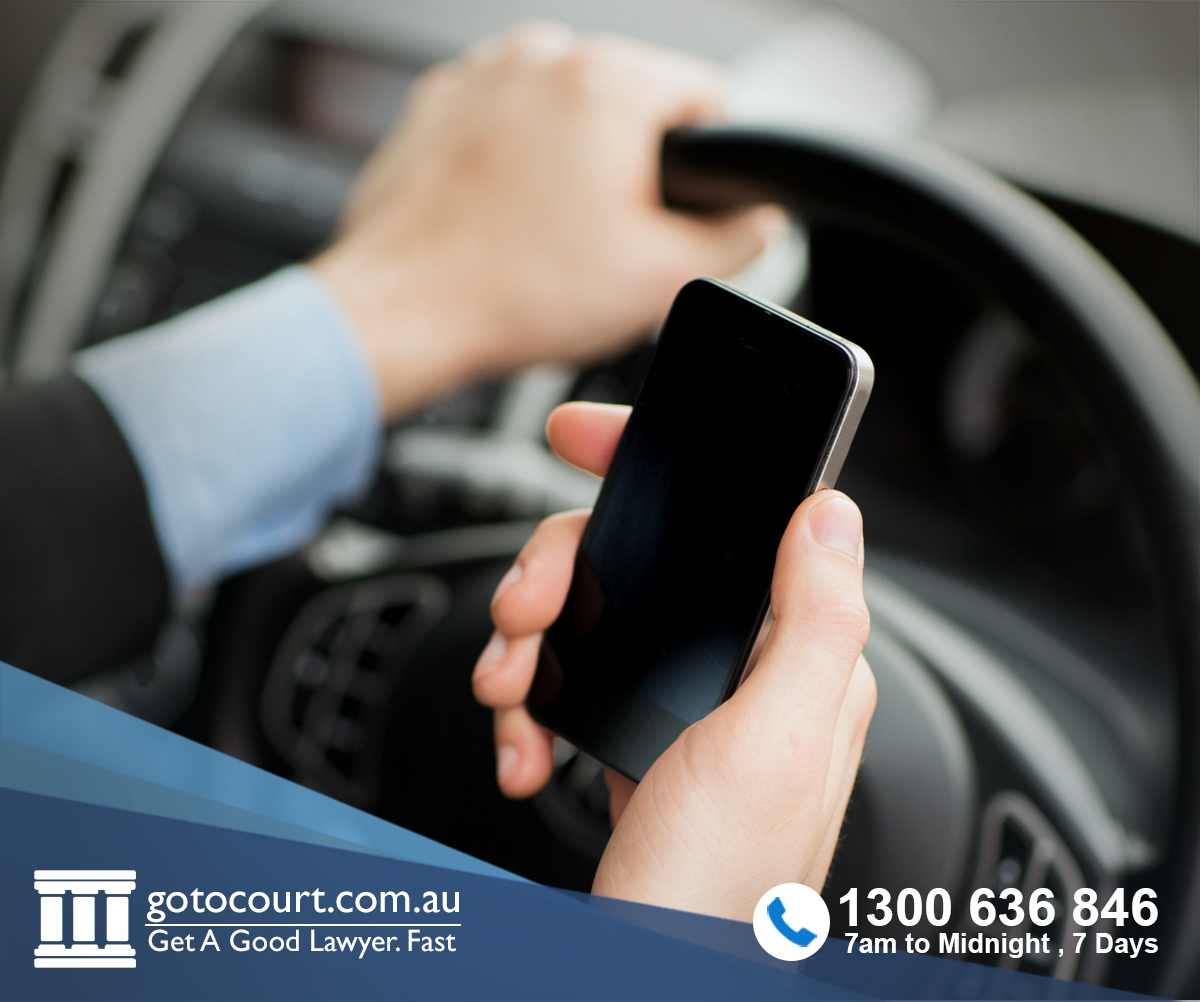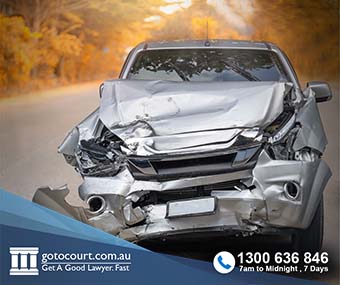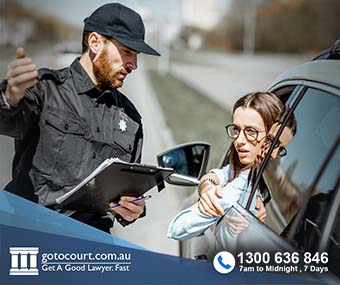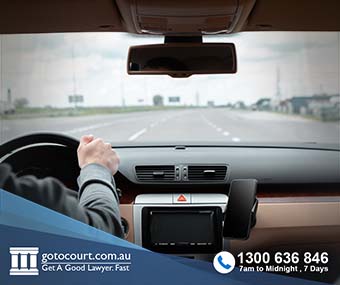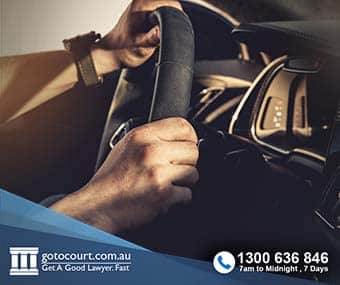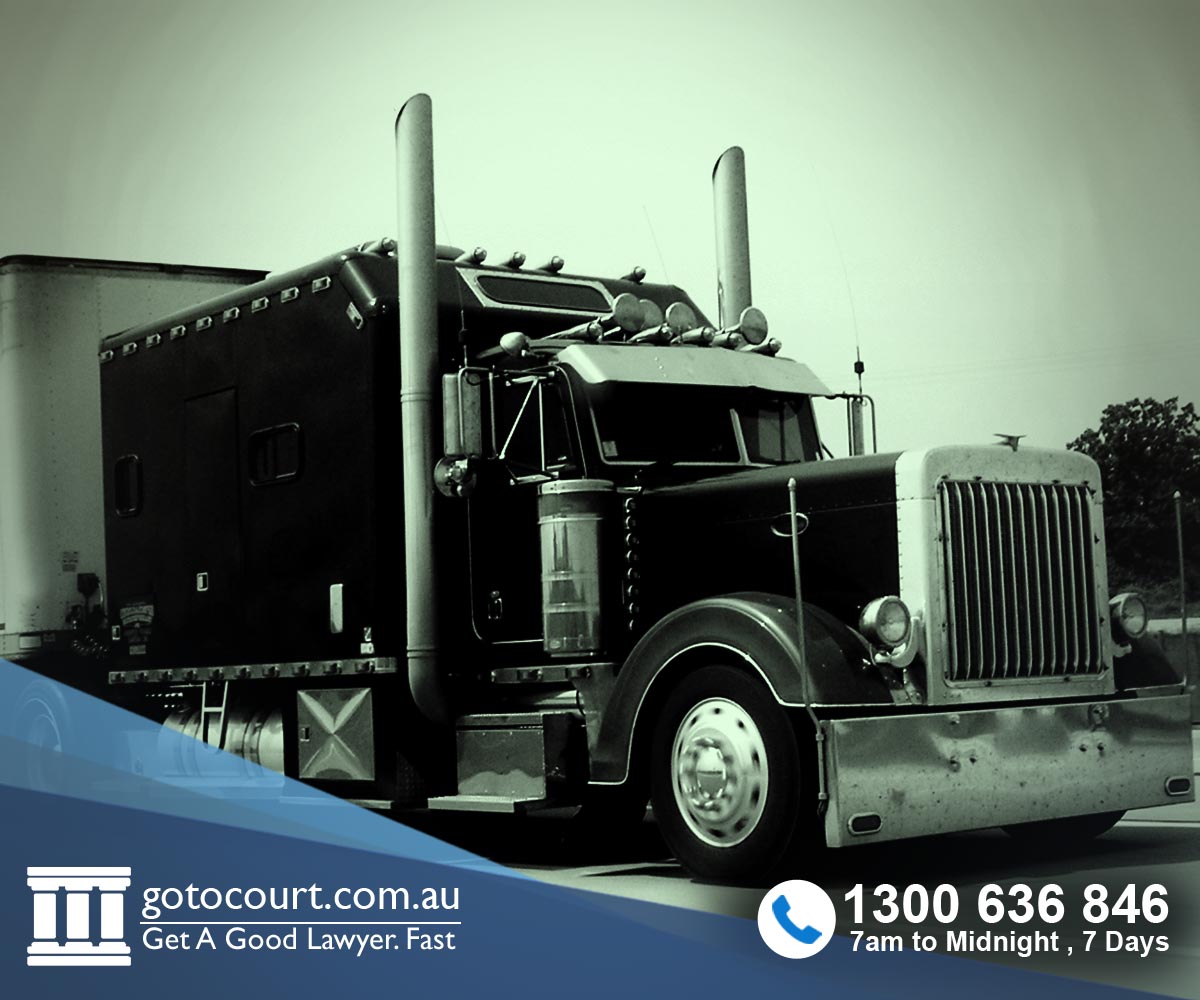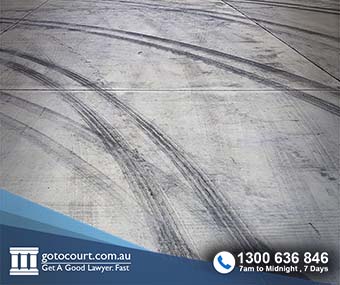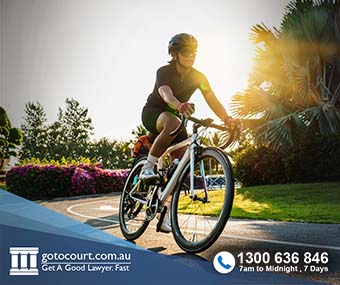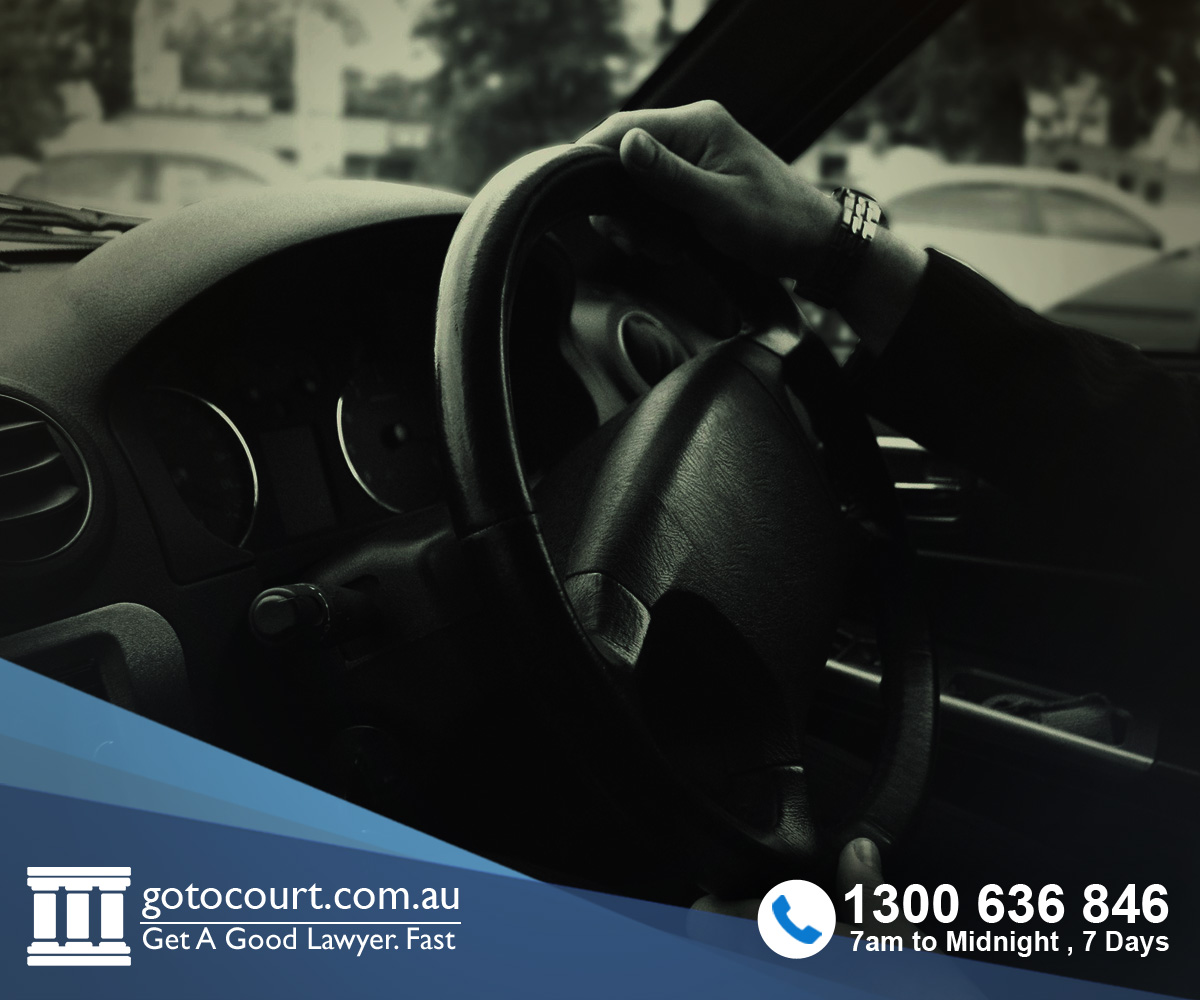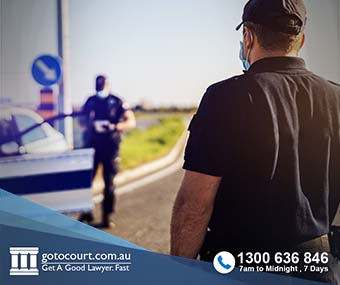Hoon Laws in Victoria
Hoon Laws in Victoria
All drivers must take note of the changes made to anti hooning legislation in Victoria. Since 2011, these changes have given police the increased power to impound or immobilise a vehicle or have a vehicle permanently seized. These anti hoon laws were introduced to make Victorian roads safer and to reduce the number of accidents on the road.
Victorian law defines hooning as any offence involving behaviours that compromise road safety. This includes using a vehicle to engage in a drag race, speeding or creating unnecessary disturbances. These offences traditionally carried a penalty of impoundment or immobilisation of a vehicle for two days. However, police are now permitted to impound or immobilise a vehicle for up to 90 days or confiscate a vehicle permanently.
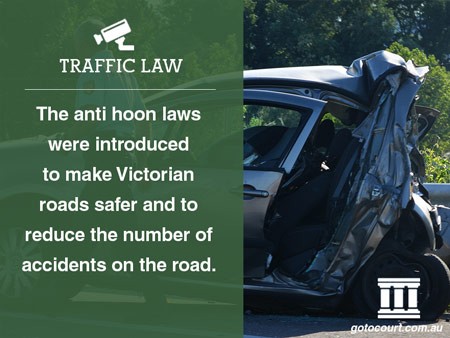
Hooning legislation in Victoria
Victoria’s hooning offences are contained in the Road Safety Act 1986, the Crimes Act 1958 and the Road Safety Rules 2009 where offences are now divided into two categories; these are Type 1 or 2 offences.
Serious offences are classed as Type 1 hooning offences and include dangerous driving or speeding. On the other hand, Type 2 offences are classed as less serious offences and include careless driving or drag racing.
Type 1 and Type 2 Offences
In Victoria, s 84C of the Road Safety Act 1986 provides an outline of all the offences that you may be charged with and whether they are a Type 1 or Type 2 offence.
Type 1 offences |
Type 2 offences |
| A second offence of driving unlicensed or whilst disqualified. | Careless or improper use of a vehicle on a highway |
| A repeated offence including the use of drugs or alcohol while driving. | Driving a vehicle when directed to stop by a police officer. |
| Dangerous driving at speeds of 70km/h over the speed limit or driving !70km/h or more in a 110km/hr speed zone. | Dangerous driving at speeds of over 45km/h over the speed limit but under 70km/h over that limit or driving between 145km/h and 170km/hr in a 110km speed zone. |
| Reckless driving whilst being pursued by police. | Drag racing and causing a motor vehicle to lose traction of the wheels. |
| Failing to stop after police instruction. | Failing to stop at a tram or train crossing light |
| Making unnecessary noise or smoke. | |
| Travelling in/on a part of the vehicle that is not intended for passengers. |
Penalties for hooning offences
There are various penalties that you may be charged with depending on the nature of the offence and the circumstances surrounding the incident. All offenders may have their vehicle impounded or immobilised for 30 days. This type of penalty is typical for first time offences such as improper use of a vehicle.
However, if an offender is charged a second time in relation to a hooning offence, the period of impoundment or immobilisation may be increased to 45 days. A Court may further order that the period of impoundment or immobilisation be increased to three months if the circumstances are severe enough to warrant a longer penalty. Offenders that are caught travelling more than 70km/h over the speed limit will automatically be classed as second time offenders.
It is important to note however, that a third time offender may have their vehicle permanently seized by a Court order. Further, in the event of severe infringements, you may also be required to pay a fine or face imprisonment for a maximum term of two years.
What if my vehicle has been impounded?
The Victorian anti hoon laws explain that any vehicle may be impounded or immobilised even if the car does not belong to you. As such, the owner of the vehicle will be responsible for covering all costs associated with the impoundment or immobilisation. This will include towing and costs associated with storage of the vehicle. For an immobilised vehicle, the owner must attend at the property detailed on the notice of immobilisation to retrieve the number plates of the vehicle and pay any costs associated with the immobilisation.
Appeal Rights
Appeal rights are available in limited circumstances where you may have the opportunity to clarify to the Court why impounding or immobilising your vehicle will cause you an extraordinary hardship. If the Court accepts the appeal, you may be required to give an undertaking that you or the person involved in the offence will not engage in hooning behaviour again. However, a breach of the undertaking may result in the immediate confiscation of the vehicle.
Appeals are a very complicated and timely process, so if your vehicle has been impounded or immobilised, speak to a traffic lawyer who will be able to assist you to understand the process involved.

Affordable Lawyers
Our Go To Court Lawyers will assist you in all areas of law. We specialise in providing legal advice urgently – at the time when you need it most. If you need a lawyer right now, today, we can help you – no matter where you are in Australia.How It Works




1. You speak directly to a lawyer
When you call the Go To Court Legal Hotline, you will be connected directly to a lawyer, every time.

2. Get your legal situation assessed
We determine the best way forward in your legal matter, free of charge. If you want to go ahead and book a face-to-face appointment, we will connect you with a specialist in your local area.

3. We arrange everything as needed
If you want to go ahead and book a fact-to-face appointment, we will connect you with a specialist in your local area no matter where you are and even at very short notice.



